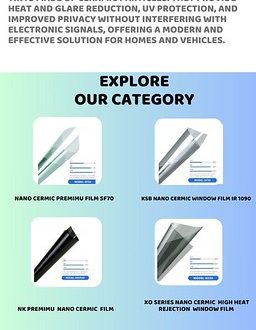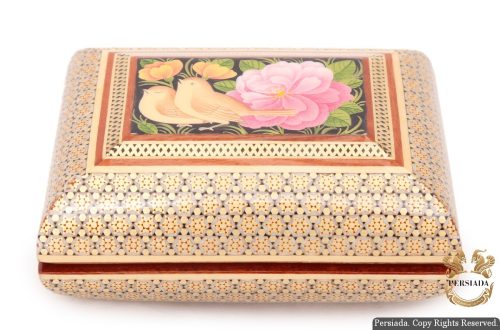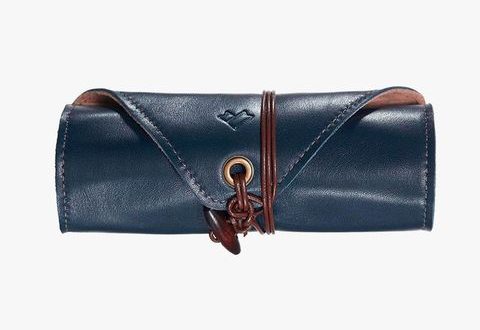Top 3 Types Of Casting
Casting is an ancient manufacturing technique that is used to produce complex shapes with minimum effort and less cost. The process of casting is generally preferred over other methods because the product obtained through this process possesses no inside defects and is highly accurate. From the past till this time, the foundry industry has developed so far. Likewise, various types of casting techniques are also introduced in the industry.
Various types of casting methods are beneficial in order to achieve good results. Such casting techniques are used in numerous industries for manufacturing of custom parts including automobile industries, agricultural machinery, mining, and other industries. Among various types of casting, the most preferred and affordable casting are concluded below:
- Water glass casting
- Carbon steel casting
- Silica sol casting
What is water glass casting?
Water glass casting is also known as sodium silicate casting. In this type of casting, the water glass is used as the binder for the shell to cast.
Benefits of water glass casting:
- More complex parts can be achieved
- Excellent choice of material
- Great advantages to the environment
What is carbon steel casting?
In carbon steel casting, carbon is the main alloy used in the steel. Such type of casting is generally used to make those parts that can bear high pressure and high resistance with great hardenability and toughness.
Benefits of carbon steel casting:
- Improve the ductility and strength of the material
- Excellent for manufacturing products that bear heat performance
What is silica sol casting?
In silica sol casting, silica “zircon sand” is used as a molding agent. It is quite an expensive type of casting. But the excellent results can easily compensate for the price.
Benefits of silica sol casting:
- Smooth and high-quality results are obtained
- No inside defects are particularly seen


